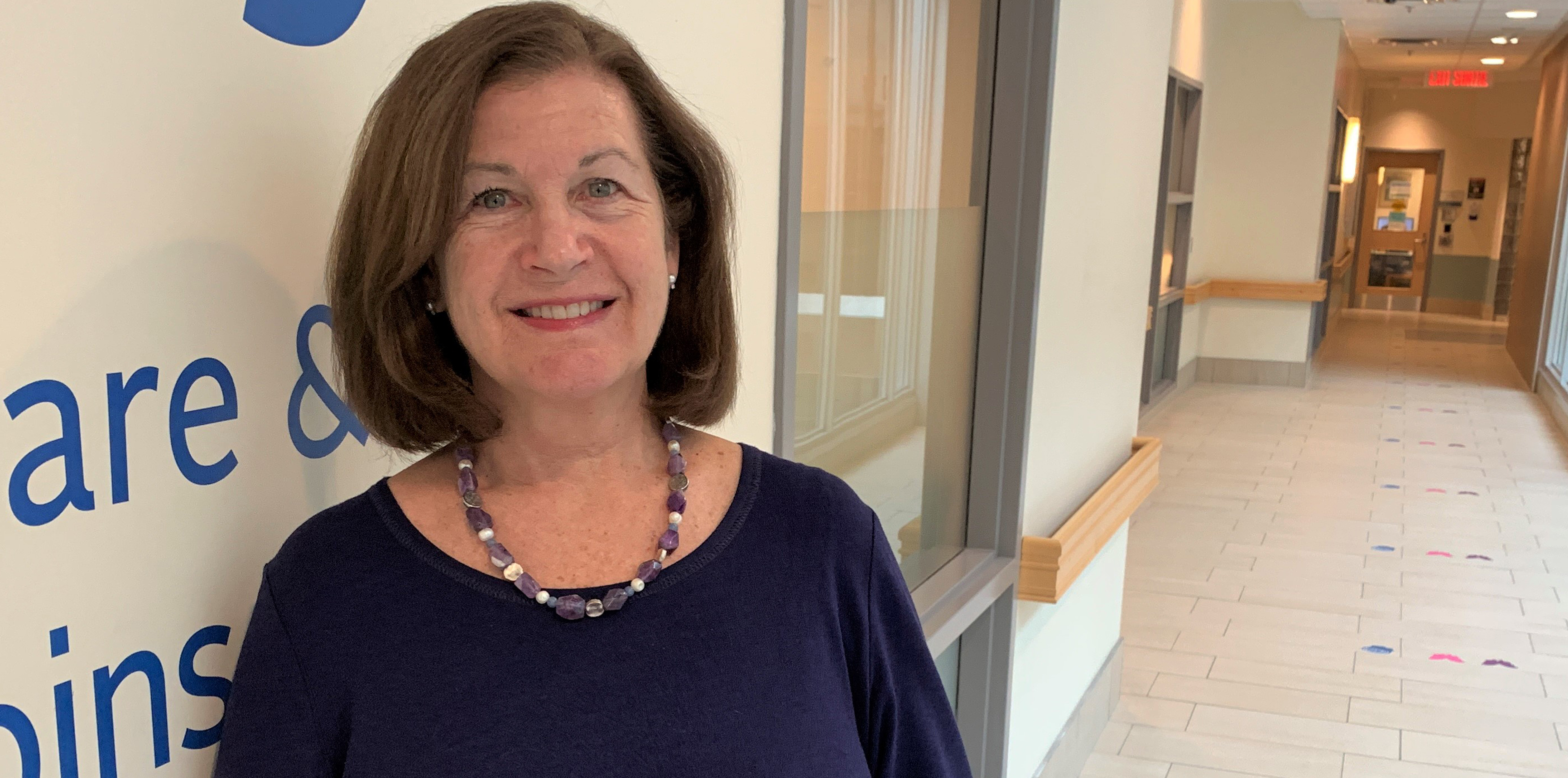The third Monday in January is sometimes referred to as Blue Monday, the saddest day of the year. But is Blue Monday real?
“Well, yes and no,” laughs Ann-Marie O’Brien, a social worker and the lead for women’s health at The Royal.
It’s a real marketing campaign, but not real science. Blue Monday was actually created to promote warm weather destinations. The idea that the saddest day of the year falls on the third Monday of January is said to be “calculated” with an equation that factors in weather, post-holiday debt, low motivation, and other variables. While these things are real factors that can impact mood and stress levels, there is no specific day that is worse (or better) than all the others.
Is it normal to feel sad this time of year?
Blue Monday may not be real, but many people do feel sadder than usual around this time of year and there are legitimate reasons why that is.
It’s dark in the morning when we get up for work and might still be dark when we get home. Sunshine – a natural mood booster – seems to disappear for days at a time this time of year. This seasonal change affects some people more than others. Seasonal Affective Disorder (SAD) is a type of depression that is characterized by low mood and energy and can have a real impact on our appetite, sleep, and concentration, and enjoyment of life.
“It is absolutely normal to feel down this time of year,” says O’Brien. “The party’s over, your VISA is maxed out, you got a few extra pounds, of course we’re sad.”
This is “situational sadness.” It’s in response to something – and it’s temporary. During these times it’s helpful to focus on the healthy basics: eating well-balanced meals, sleeping well, and exercising (including getting outside if you can). And if you need support, there are many good resources in Ottawa to help at the community level such as Family Services Ottawa, Family Service Ottawa, and Jewish Family Services.
Signs and symptoms of something more serious
There’s a difference between sadness, which is a normal part of a spectrum of emotion, and clinical depression.
Depression is not “feeling blue,” it’s a complex illness that is not to be taken lightly.
So how can you tell if sadness is actually something more serious that requires a call to the family doctor?
“You know by the duration of your feelings,” says O’Brien, who points out that for clinical depression, the symptoms include loss of interest, a heaviness in one’s body, and overwhelming sadness.
“And if you feel that way, almost every day, for most of the day, for a minimum of two weeks, that could be an indication there is something more serious,” says O’Brien. “How are those symptoms impacting your life? That’s another indicator. Are you still going to work? Are you playing with your kids? Getting dinner on the table? Getting out of bed?”
If symptoms linger and prevent you from functioning as you normally would, it’s time to seek professional help. (And if you know someone who seems to fit this description, it would be a good idea to reach out and ask how they are doing.)
Turn Blue Monday around
Blue Monday isn’t really the saddest day of the year but it’s still firmly lodged in popular culture. O’Brien suggests we use Blue Monday as an opportunity to check in with ourselves without judgement, think about what makes us happy, and develop strategies that help us feel better.
Start with three key questions: What brings me joy? What do I find stressful? What works for me?
“Consider your physical self, your spiritual self, your emotional self, what are you doing to nurture those parts of your life?” says O’Brien.
“Being able to identify what works for you is a really important skill to cultivate – but add to that your own subjective experience as well. What do you do for yourself that truly brings you joy?”
This could be an activity you do with friends and family (going for coffee, or just taking a walk around the block), something you enjoyed as a kid (journaling, puzzles, swimming, riding your bike) or something that taps into a different part of yourself and simply brings you joy (fostering puppies, collecting stamps, volunteering).
Most importantly, remember that whether you are dealing with post-holiday sadness or something more serious, you don’t have to suffer.
“There are lots of different options for intervention, and more services available than ever before. Talk to your family doctor.”
Click here to hear Ann-Marie O'Brien interview on CTV-News.
For more stories like this one, sign up for our monthly e-newsletter.

